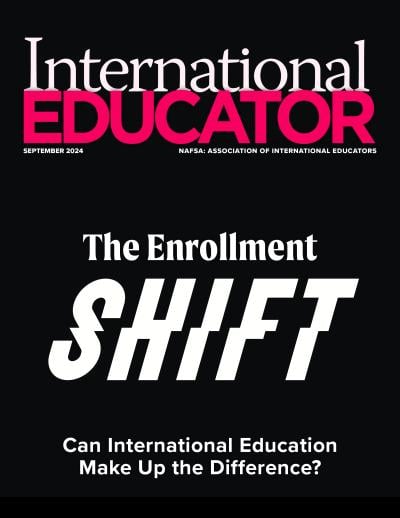Scenario Planning: Hope for the Best, Plan for the Unprecedented
When the COVID-19 pandemic emerged in early 2020, it derailed plans for the spring semester at college and university campuses across the globe. It quickly became clear that the health crisis would not be a short-term disruption. Instead, higher education leaders—and international educators among them—began planning for the unknown for the months and years to come.
Scenario planning has taken center stage as institutions look to prepare as well as possible for multiple possible outcomes of the pandemic. While leaders grapple with big-picture questions at the macro level, considering the institution as a whole, international educators must consider the pandemic’s effects within their own divisions. That planning can start with asking, “What if?”
What if international students could not return to campus in fall 2020?
What if the institution would not be able to send students abroad?
What if the university as a whole goes to 100 percent remote learning?
What if international students return to campus, but a significant percentage of the student body becomes infected with COVID-19?
What if the campus runs out of quarantine space?
And what if student support services, auxiliary services, and other resources are significantly reduced in light of budget challenges?
“For international educators, the scenarios are very much centered around trying to forecast how many students will need to access our services, and whether [they will do so] in person or online,” says Kalpen Trivedi, PhD, associate provost and director of the international programs office at the University of Massachusetts-Amherst. “If you plan














